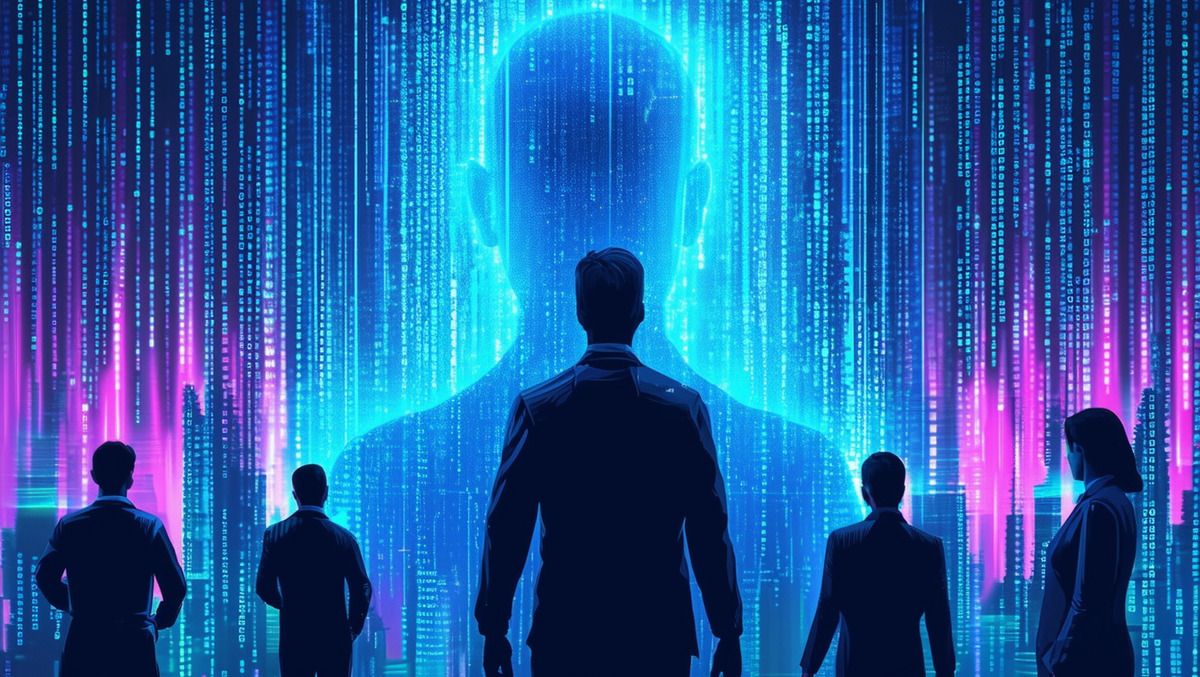
A recent report by Bugcrowd, conducted among chief information security officers (CISOs), underscores a heightened perception of artificial intelligence (AI) threats amongst security professionals globally. According to the “Inside the Mind of a CISO” report, a staggering 91% of security leaders believe that AI is poised to outpace their security teams, presenting both opportunities and significant risks.
The survey, which gathered insights from 209 security leaders across various continents, reveals pressing concerns and priorities within the cybersecurity landscape. One notable finding is that 33% of respondents perceive that at least half of companies are willing to compromise their customers’ long-term privacy or security to achieve cost savings. This sentiment is consistent with the report’s indication that 40% of security leaders believe fewer than one in three companies have a comprehensive understanding of their breach risk.
Hiring remains a significant area of focus, with 87% of respondents actively recruiting security staff, although 56% acknowledged their teams are currently understaffed. The report indicates a strong preference for educational qualifications, with just 6% of cybersecurity leaders not holding a college degree, and over 80% possessing a degree specifically in cybersecurity.
The rapid adoption of AI technologies is exerting a transformative effect on security teams. Despite ongoing recruitment efforts, 70% of security leaders anticipate a reduction in team headcount within the next five years due to AI integration. An overwhelming 90% of respondents believe AI is already performing better than, or will soon surpass, human security professionals. However, AI is seen as a double-edged sword, with 58% expressing concerns that its risks could outweigh potential benefits.
Nick McKenzie, Bugcrowd’s CISO, commented on the evolving role of security leaders, stressing the importance of bridging the gap between CISOs and the hacker community. “The CISO role is evolving. Given the current risk landscape and the need to prioritise security over resilience, the CISO has more responsibility than ever before,” McKenzie stated. “Bridging the gap between CISOs and the collective ingenuity of hackers is key to shielding organisations from the increasing onslaught of AI threats and attacks.”
As organisations look to bolster their defences against AI threats, many are turning to crowdsourced security measures. Approximately 70% of security leaders are using crowdsourced security to test their AI defences. Further, 73% view ethical hacking positively, and 75% have direct experience in the practice. The prominence of modern-day threats, which 89% of respondents believe are more serious and pervasive, underscores the necessity of integrating crowdsourced security into a robust cybersecurity strategy.
The report’s analysis spans perspectives from security leaders holding titles like CISO, CIO, CTO, Head of Security, and VP of Security, covering companies of various sizes. It offers a comprehensive look at the priorities, misconceptions, and threat perceptions held by today’s security leaders.